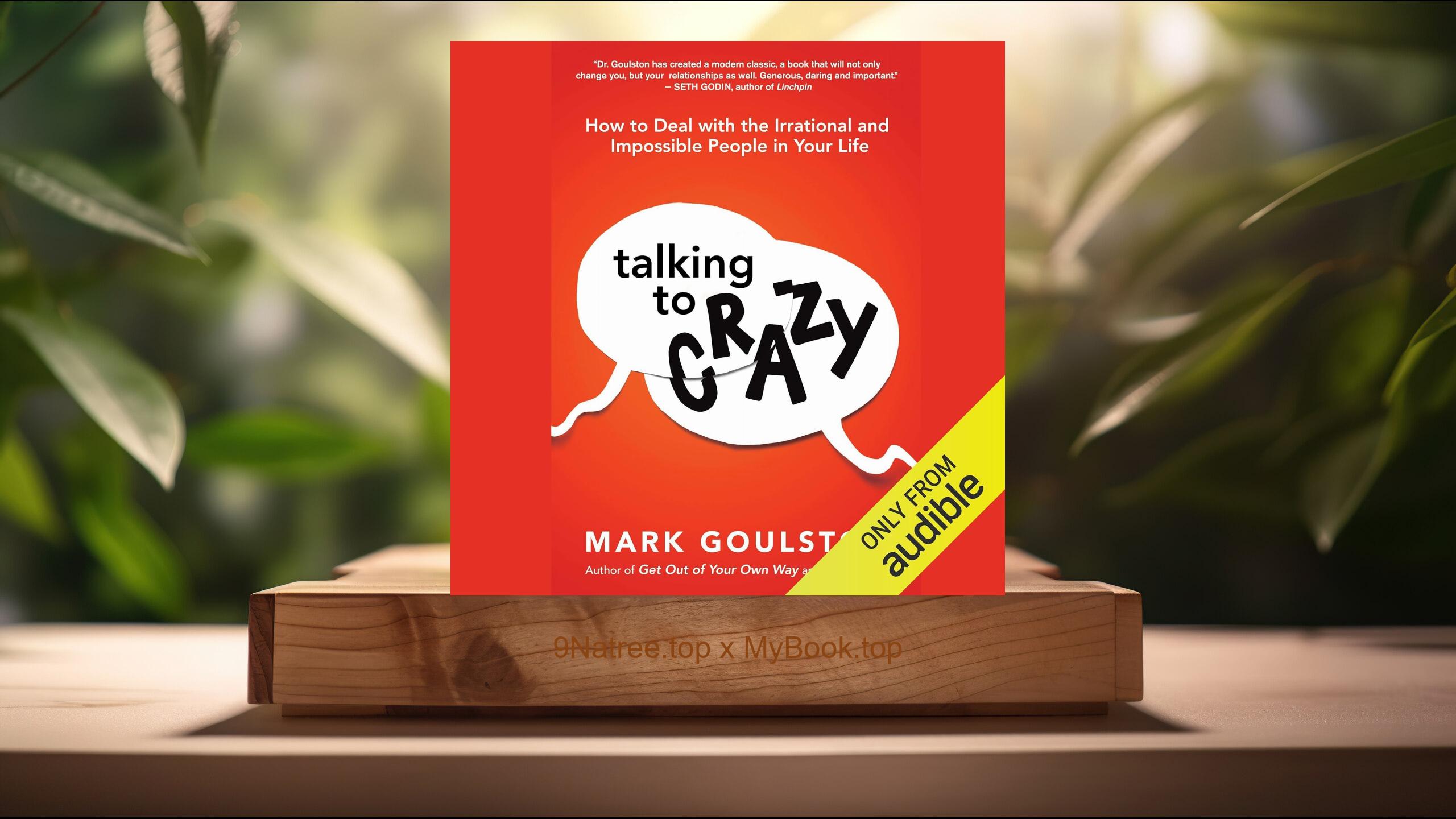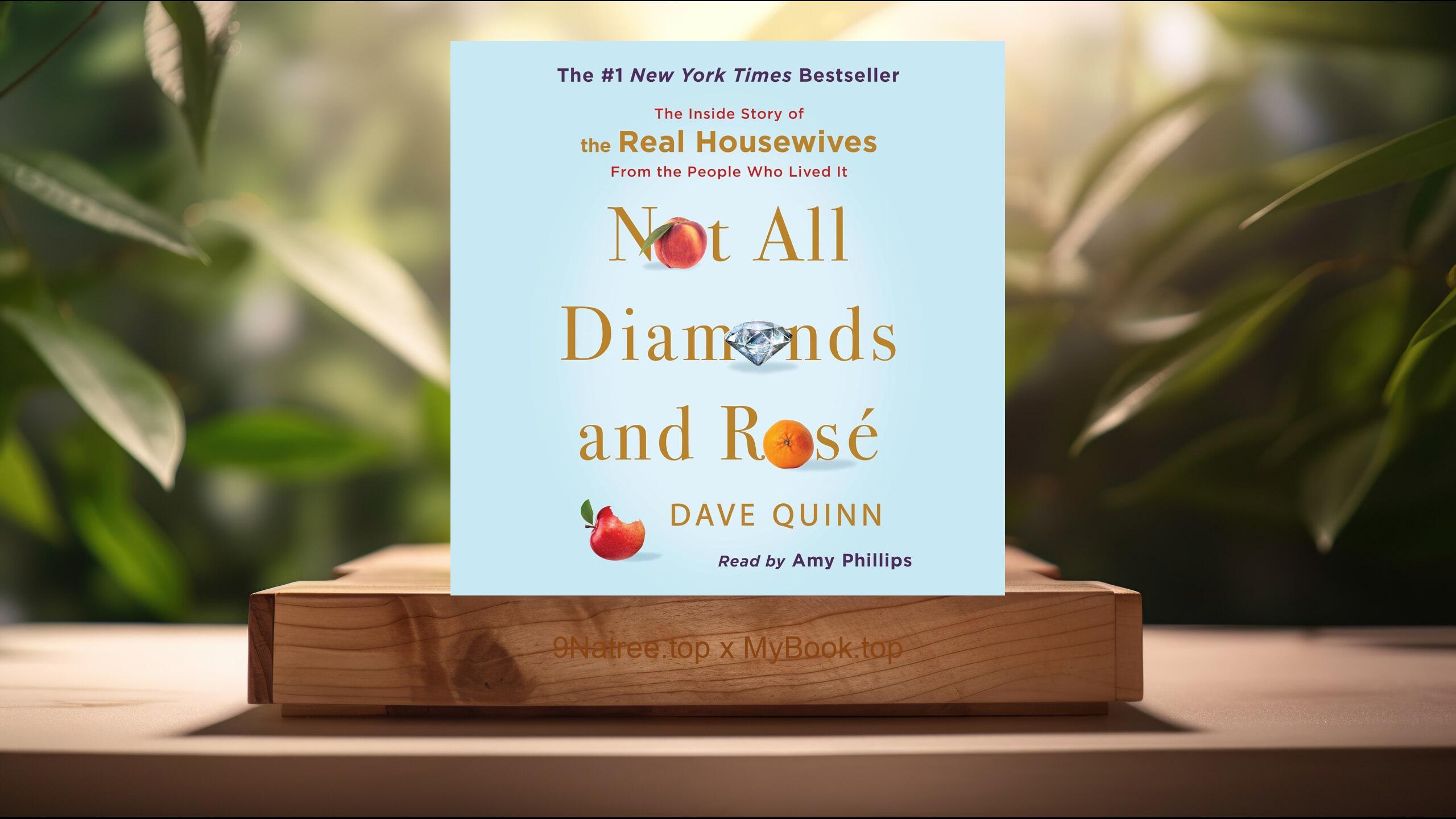Show Notes
- Amazon USA Store: https://www.amazon.com/dp/B08VS559S9?tag=9natree-20
- Amazon Worldwide Store: https://global.buys.trade/Capote%27s-Women-Laurence-Leamer.html
- Apple Books: https://books.apple.com/us/audiobook/capotes-women-a-true-story-of-love-betrayal-and/id1579447710?itsct=books_box_link&itscg=30200&ls=1&at=1001l3bAw&ct=9natree
- eBay: https://www.ebay.com/sch/i.html?_nkw=Capote+s+Women+Laurence+Leamer+&mkcid=1&mkrid=711-53200-19255-0&siteid=0&campid=5339060787&customid=9natree&toolid=10001&mkevt=1
- Read more: https://mybook.top/read/B08VS559S9/
#TrumanCapote #Highsociety #Literarybetrayal #Socialhistory #Americanliterature #Glamourandtragedy #NewYorkelite #Psychologicaldepth #CapotesWomen
These are takeaways from this book.
Firstly, The Elite Social Circle and its Dynamics, Laurence Leamer’s 'Capote’s Women' intricately outlines the exclusive social circle inhabited by Truman Capote and his swans. These women, married to wealthy, powerful men, led seemingly enviable lives full of luxury and public admiration. Yet, Leamer peels back the layers of their glamorous exteriors to reveal complex internal and interpersonal dynamics. The book explores the struggles these women faced, including emotional neglect, societal expectations, and personal insecurities. It delves into how Capote became not only their confidant but also a mirror to their hidden lives, providing him material for his literary endeavors while offering them the attention and care their marriages often lacked. This deeply symbiotic relationship, fueled by lavish parties, private moments of vulnerability, and the unspoken rules of high society, ultimately shapes both Capote’s works and his downfall, as these relationships are fraught with betrayal.
Secondly, Capote's Literary Exploits and Betrayals, Capote was known not just for his literary brilliance but also for his ability to enthrall his subjects and subsequently betray them. In 'Capote’s Women,' the most striking example of this is detailed through his creation and fallout over 'La Côte Basque 1965,' a chapter from his unfinished novel 'Answered Prayers,' which aired the dirty laundry of his swans. Leamer provides an in-depth analysis of Capote’s motivations—his hunger for a greater literary masterpiece at the expense of his personal relationships, and his decreasing inhibitions due to alcohol and drug abuse. The book examines how these betrayals not only led to his social ostracization but also contributed to his spiraling decline, highlighting the tragic irony of Capote’s quest for literary immortality costing him the love and trust of those closest to him.
Thirdly, The Role of Media and Public Scrutiny, The media played a crucial role in shaping the narratives around Capote and his circle. Leamer details how media fascination with high society, especially in the Post-War era, propelled Capote to fame but also set the stage for public scrutiny that would later contribute to his downfall. The book discusses how the swans, accustomed to controlling their public image, found themselves vulnerable to Capote’s pen and the omnipresent media eager for sensational stories. The interplay between public personas and private realities is a central theme, with Leamer analyzing how the relentless pressure to maintain appearances impacted the personal lives of Capote’s women and Capote himself, whose later years were marked by a desperate chase for fame that often invited harsh public and media reactions.
Fourthly, Psychological Depths and Human Vulnerabilities, Leamer doesn't just chronicle events; he delves into the psychological depth of his subjects. 'Capote’s Women' examines not only how Capote saw his swans but also how they saw themselves and each other in a world steeped in competition and façade. The book provides psychological insights into Capote’s personality—his need for acceptance, fear of abandonment, and relentless pursuit of artistic greatness, all of which intertwine with his relationships with these women. Similarly, it reflects on the vulnerabilities of the swans, their loneliness, fears, and unfulfilled desires, showing how these emotional undercurrents influenced their decisions and relationships, offering a richer, more comprehensive understanding of what it meant to navigate the highs and lows of such a glittering, scrutinized life.
Lastly, The Decline of a Social Era and Its Cultural Implications, The unfolding of Capote’s ultimate betrayal and subsequent fallout marks the end of an era, as depicted by Leamer. This topic discusses the broader cultural and societal implications of the decline of Capote’s social circle and the transformation of New York high society. It contemplates the end of an era of unabashed elitism, privacy in public life, and the kind of literary-social intermingling that Capote epitomized. The book explores how this shift reflects larger changes in American society during the late 20th century, including shifts in media culture, privacy, and the concept of celebrity. Leamer ties these themes back to the ever-changing landscape of New York society, suggesting that the swans' and Capote’s stories are microcosms of larger societal shifts.
![[Review] Capote's Women (Laurence Leamer) Summarized](https://episodes.castos.com/660078c6833215-59505987/images/2062383/c1a-085k3-v6drqxj8t2zq-b8ymcp.jpg)




